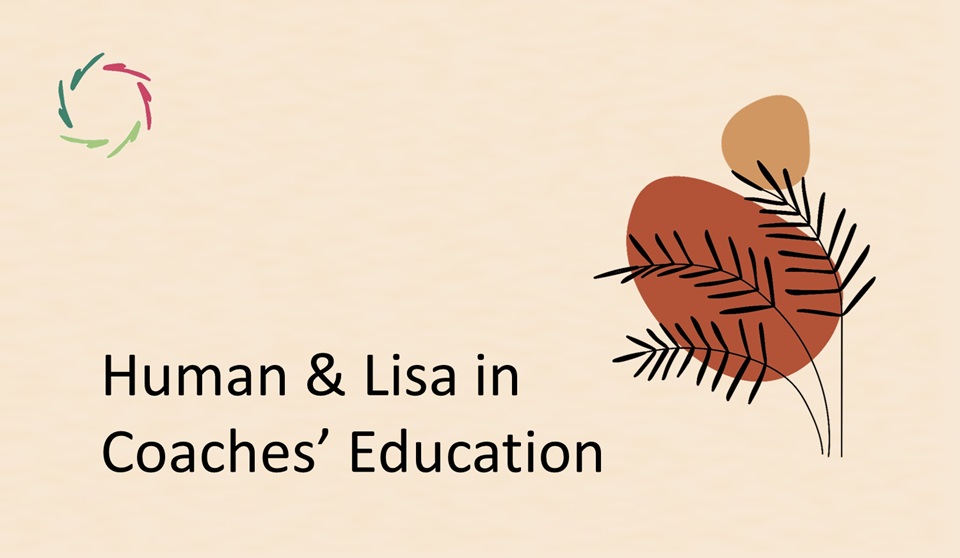‘To Believe’ within Coaching

A coach’s genuine belief in the coachee enables the coachee’s positive change. This kind of belief is a deep two-way communication.
This may be one of the most challenging things for any human being. If it looks simple, the road is longer.
Genuine belief, from the inside out
This is like a leader’s deeply felt Yes-attitude ― looking for the level at which ‘Yes’ can be said because it is meant. It is part of becoming an Open Leader. [see: “Open Vision on Leadership”] Eventually, traveling this path, the ‘Yes’ can come right at the start of searching the question. You might notice this when looking at genuine leaders in action.
Within leader and coach, this belief is ‘deep’ because it is in-depth related to many mental-neuronal patterns. [see: “Patterns in Neurophysiology”] Thus, it’s robust and can have a wide impact. [see: “Depth of Belief”]
Living an open life – including setbacks – is helpful in building, gaining, developing relevant and powerful patterns. It may be called wisdom.
Deep-to-deep communication
To believe in the coachee, the coach needs to ‘know’ the coachee. This is not so much about life details as about recognizing oneself in the other.
For this, the coach has to listen deeply. [see: “Deep Listening”] An in-depth two-way communication is needed. There is always a search involved and, therefore, incertitude and openness. This forms a space in which communication can evolve.
The coach feels the coachee and lets the coachee feel his deep belief. For this, it is positive if the coach profoundly believes in ‘the human being’ ― but not naively.
Unconditionally
The coach’s unconditional belief in the coachee works as a deep belief. It doesn’t work if it is not deeply meant and felt. Thus, it comes after communication.
Not meant here is a straightforward coach position of “I always trust everybody.” This is not veridical, therefore not deep. It bears no relation to anything conditional at all. Consequently, it is not ‘unconditional.’
Not easy. I warned you.
The coach’s job
So, there is also work involved from the coach’s side to ‘believe in the coachee.’ The coachee feels this as empathy. [see: “How Empathy Works”] In-depth, it turns into Compassion. [see: “Only Compassion Works”]
This enables the coachee to believe in himself. It is a substantial part of the healing experience in coaching.
Outside of a professional relationship, one might call it ‘love.’ Etymologically, the word be-lieve is related ― not by coincidence.
Note here nothing mechanical. Simply going through the motions doesn’t do the trick. Even more, the fake can have a reverse effect.
Note also that it accords with the AURELIS ethical five: openness, depth, freedom, respect, trust(worthiness). [see: “Five Aurelian Values”]
Charisma?
The coach may adopt an attitude of ‘knower’ or ‘powerful person.’ This can lead the coachee to believe in the coach and, thus, in the coaching and eventually his ability to profit from the coaching.
Yet, of course, it doesn’t start from the coachee if it starts from the coach. This is quite a difference. In AURELIS view, one should not use this charisma too much. Still, it might be used as an auto-suggestive stance. This would be something like nudging the coachee towards himself and then letting him slide further as soon as possible on that road ― through and towards himself.
Charisma ― from the inside out
This is from an unconditional belief in the coachee.
That may be more authentic and more durable than a coach’s charisma from a stance of power. The same counts for a leader towards ‘his people.’ Note that authenticity is one of the most sought-after characteristics in a leader-figure, together with his deep belief in cause and people.
This way also, the coach leads the coachee on his path towards Inner Strength.


